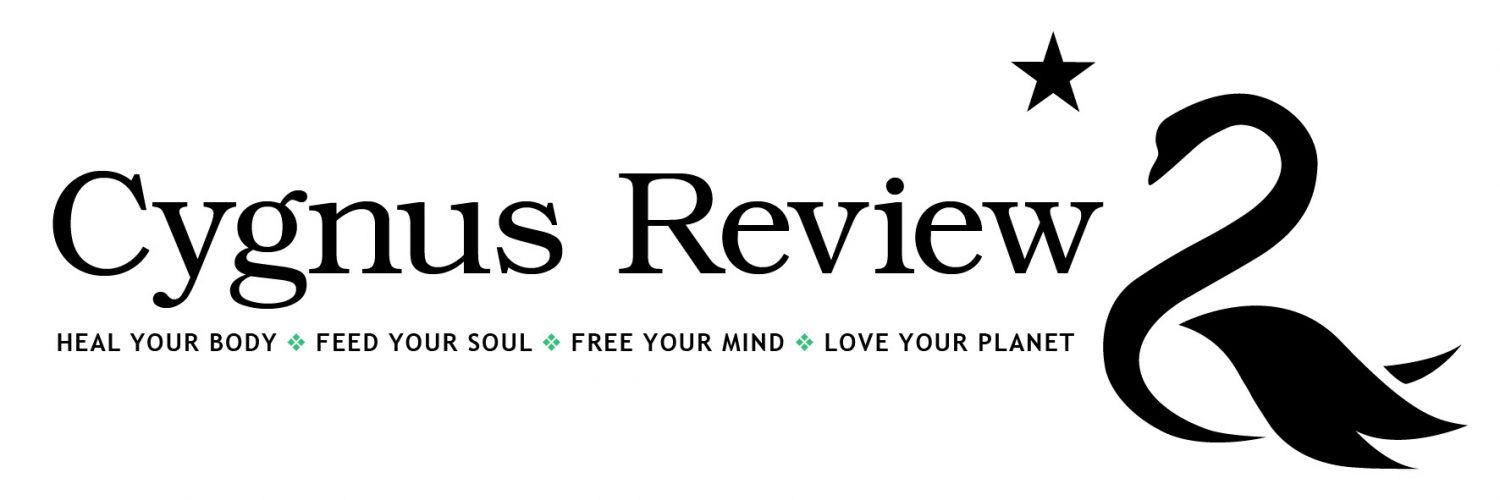
From Tao Te Ching, © Frances Lincoln Ltd 2015, translation & foreword © Stephen Mitchell 1988
Almost nothing is known about Lao Tzu, except that he may have been an older contemporary of Confucius (55-479 BCE). All that has been handed down to us is his tiny classic manual on the art of living, Tao Te Ching written in a style of gemlike lucidity, radiant with humour and grace, large-heartedness and deep wisdom: one of the wonders of the world.
People usually think of Lao Tzu as a hermit dwelling serenely in some mountain hut, having isolated himself from the world. But it’s clear from his teaching that he deeply cared about society and the welfare of his fellow human beings; his book is, among other things, a treatise on the art of government, whether of a country or of a child.
Lao Tzu’s insistence on wei wu we, literally ‘doing not-doing’, has been seen as passivity. Nothing could be further from the truth. A good athlete can enter a state of body-awareness in which the right stroke or the right movement happens by itself, effortlessly, without any interference of the conscious will. This is a paradigm for non-action: the purest and most effective form of action. The game plays the game; the poem writes the poem; we can’t tell the dancer from the dance.
Hence Lao Tzu’s emphasis on softness; softness means the opposite of rigidity, and it is synonymous with suppleness, adaptability, endurance. Anyone who has seen a tai ch’i or ai-kido master doing not-doing will know how powerful this softness is.
Lao Tzu’s central figure is a man or a woman whose life is in perfect harmony with the way things are. This is not an idea; it is a reality. The Master has mastered nature, not in the sense of conquering it, but of becoming it.
In surrendering to the Tao, in giving up all concepts, judgements and desires, her mind has grown naturally compassionate. She finds deep in her own experience the central truths of the art of living, which are paradoxical only on the surface: the more we can let go of what we love, the more present our love becomes; the clearer our insight into what is beyond good and evil, the more we can embody the good – until finally she can say in all humility, ‘I am the Tao, the Truth, the Life.’
Unencumbered by any concept of sin, the Master doesn’t see evil as a force to resist, but simply as an opaqueness, a state of self-absorption which is in disharmony with the universal process, so that, as with a dirty window, the light can’t shine through. This freedom from moral categories allows for great compassion towards those who commit crimes and fall short of expectations, revealing the teaching of the Tao Te Ching is moral in the deepest sense.
Thus the Master is available to all people
and doesn’t reject anyone.
He is ready to use all situations
and doesn’t waste anything.
This is called embodying the light.
What is a good man but a bad man’s teacher?
What is a bad man but a good man’s job?
If you don’t understand this, you will get lost,
however intelligent you are.
It is the great secret.
[shopify embed_type=”product” shop=”cygnusreview.myshopify.com” product_handle=”tao-te-ching-lao-tzu” show=”all”] [shopify embed_type=”product” shop=”cygnusreview.myshopify.com” product_handle=”zen-haiku-jonathan-clements” show=”all”]

